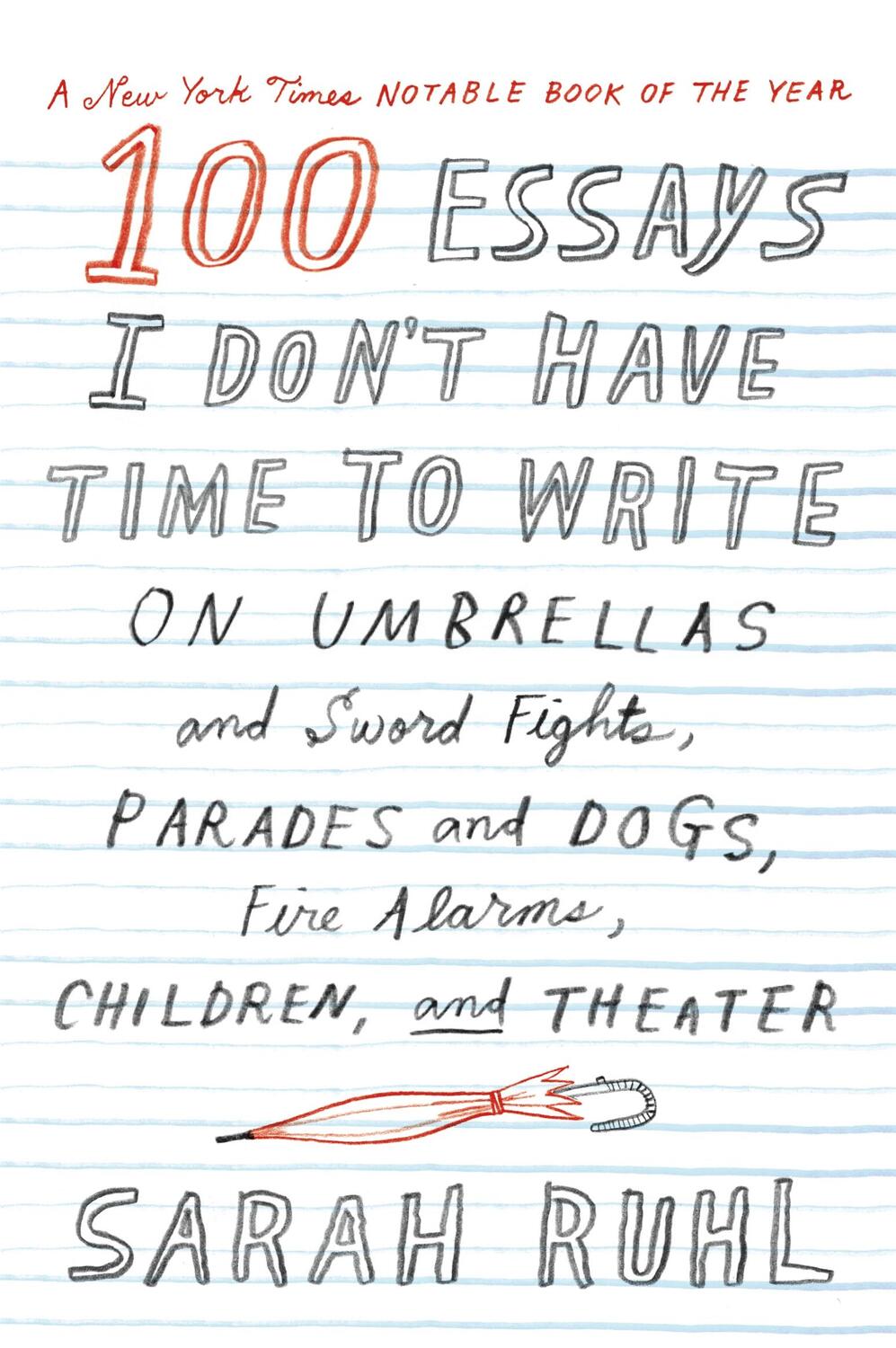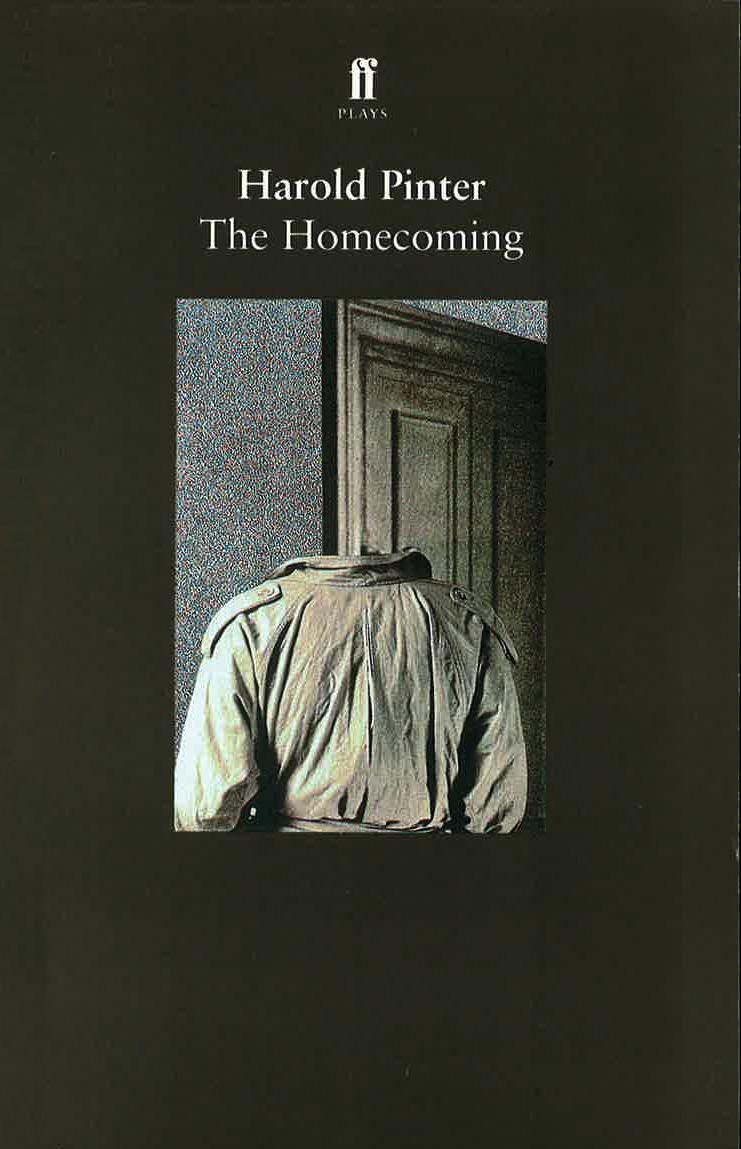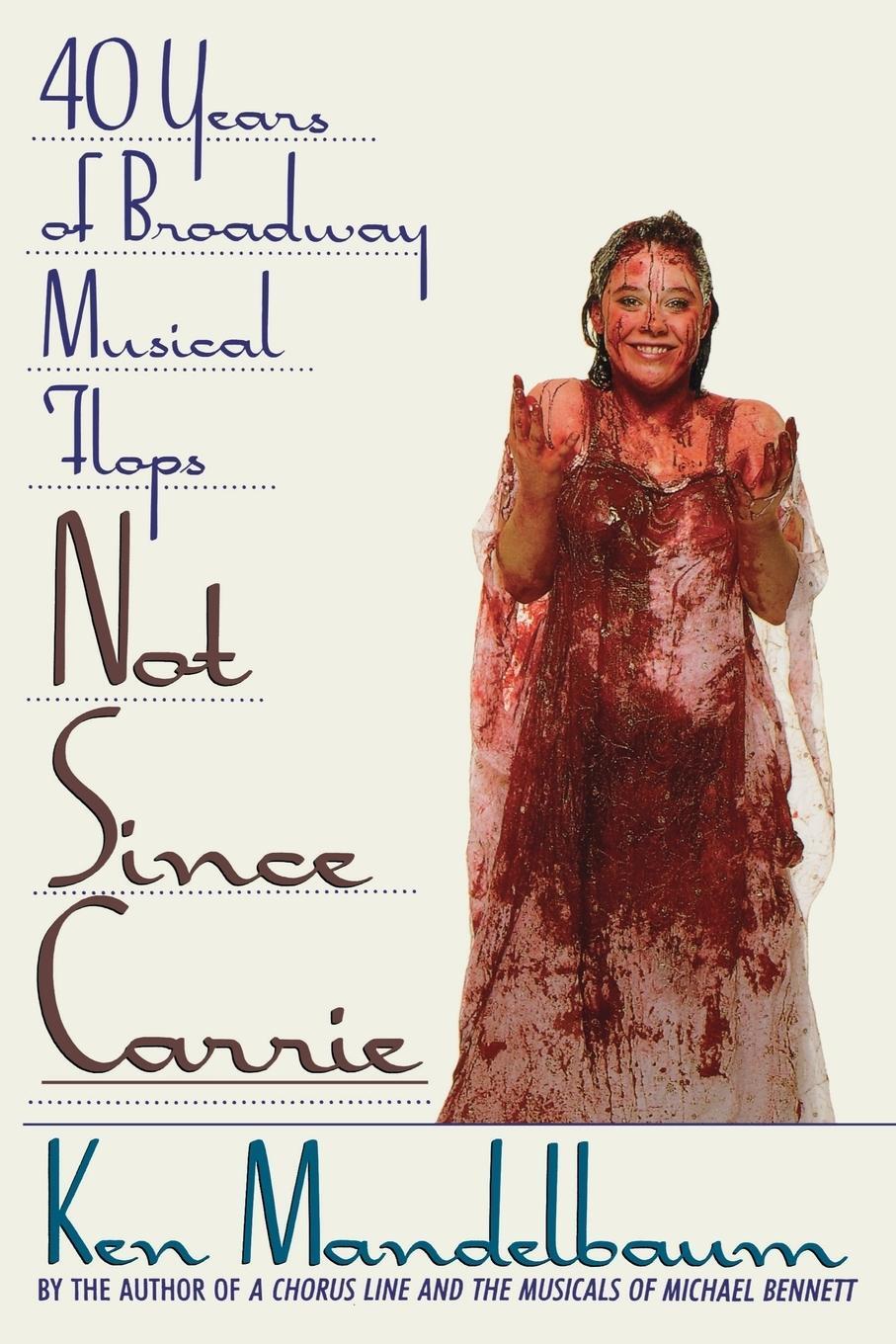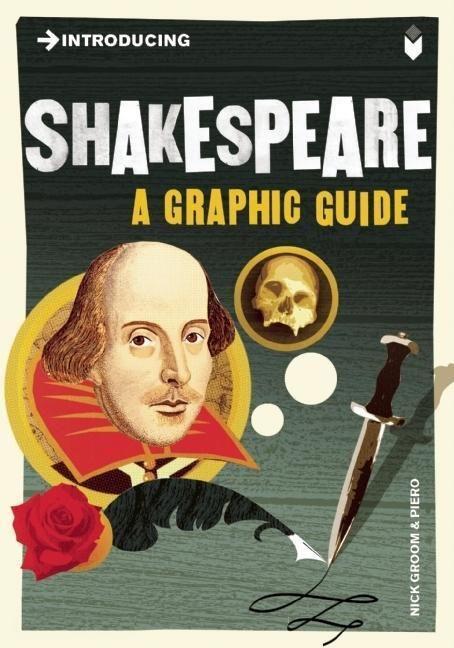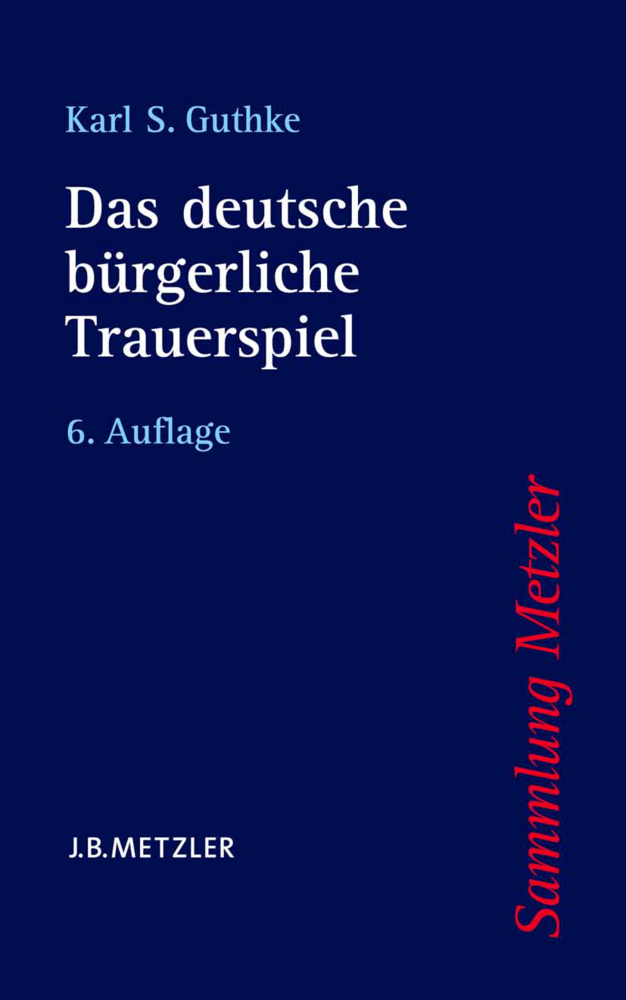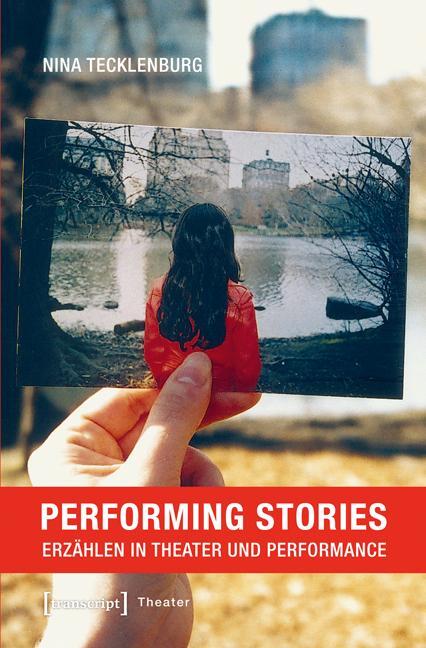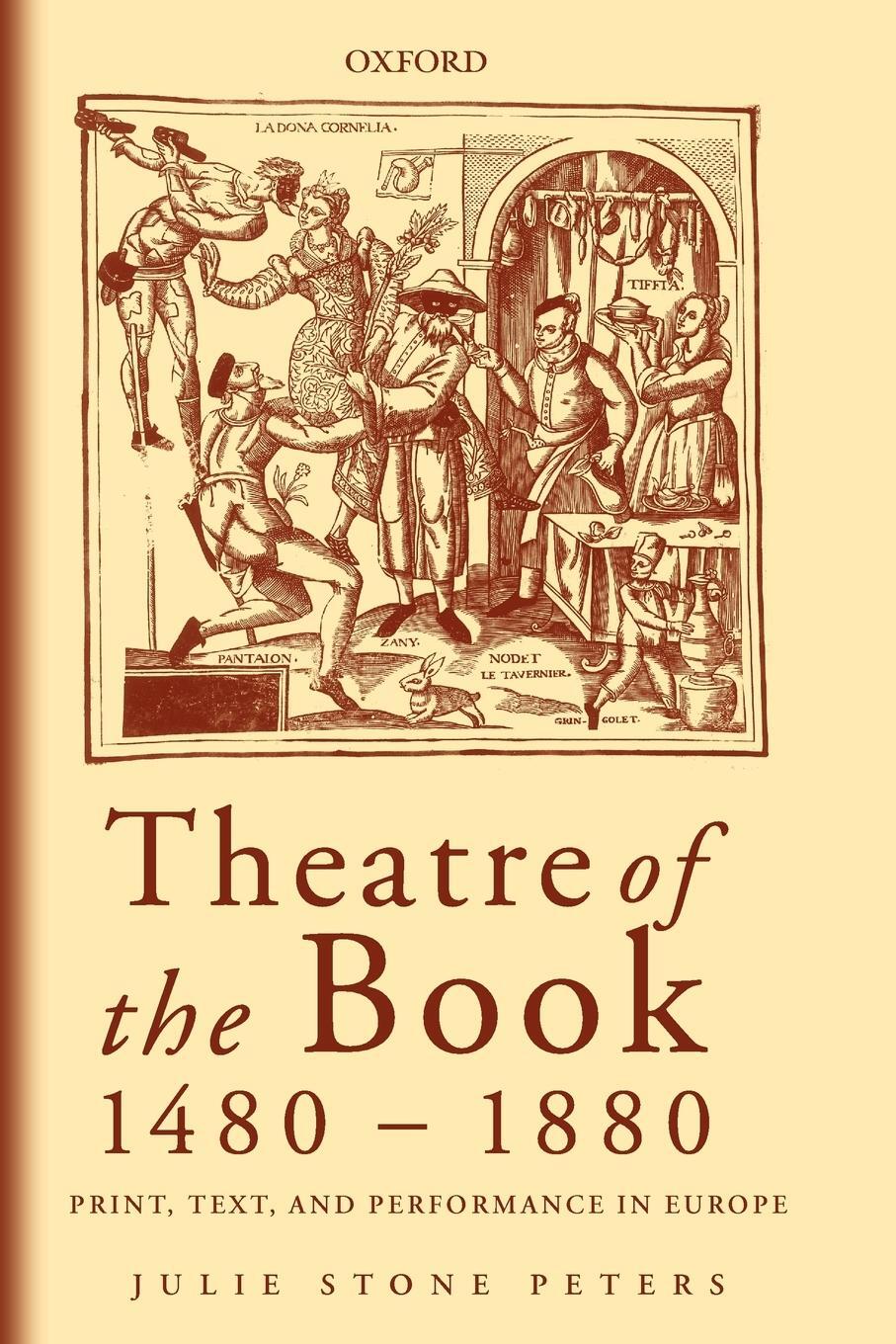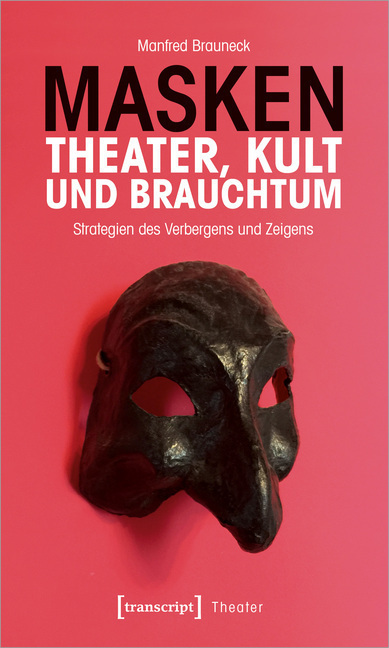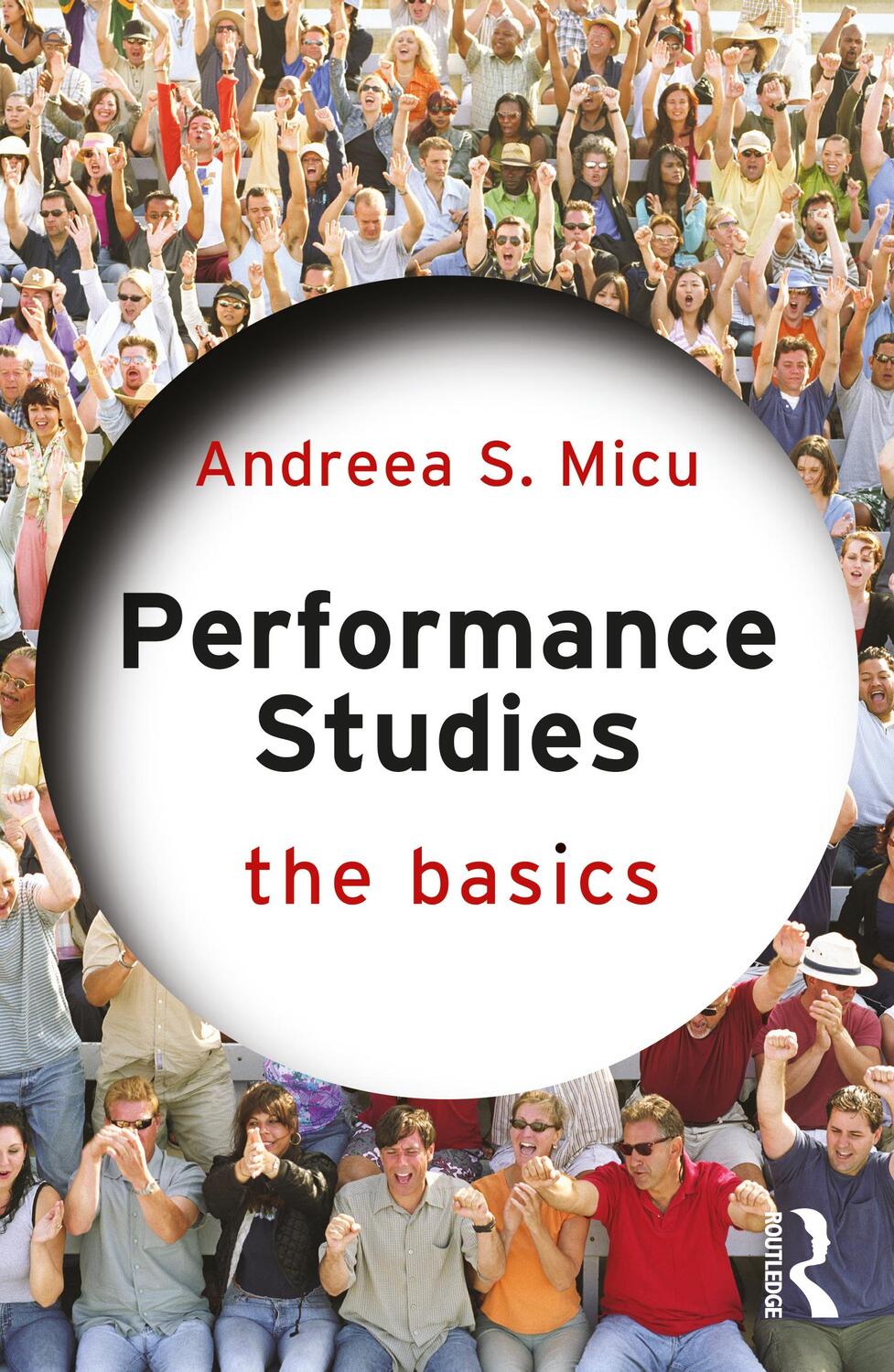20,00 €*
Versandkostenfrei per Post / DHL
Aktuell nicht verfügbar
100 Essays I Don't Have Time to Write is an incisive, idiosyncratic collection on life and theater from major American playwright Sarah Ruhl.
This is a book in which chimpanzees, Chekhov, and child care are equally at home. A vibrant, provocative examination of the possibilities of the theater, it is also a map to a very particular artistic sensibility, and an unexpected guide for anyone who has chosen an artist's life.
Sarah Ruhl is a mother of three and one of America's best-known playwrights. She has written a stunningly original book of essays whose concerns range from the most minimal and personal subjects to the most encompassing matters of art and culture. The titles themselves speak to the volume's uniqueness: "On lice," "On sleeping in the theater," "On motherhood and stools (the furniture kind)," "Greek masks and Bell's palsy."
100 Essays I Don't Have Time to Write is an incisive, idiosyncratic collection on life and theater from major American playwright Sarah Ruhl.
This is a book in which chimpanzees, Chekhov, and child care are equally at home. A vibrant, provocative examination of the possibilities of the theater, it is also a map to a very particular artistic sensibility, and an unexpected guide for anyone who has chosen an artist's life.
Sarah Ruhl is a mother of three and one of America's best-known playwrights. She has written a stunningly original book of essays whose concerns range from the most minimal and personal subjects to the most encompassing matters of art and culture. The titles themselves speak to the volume's uniqueness: "On lice," "On sleeping in the theater," "On motherhood and stools (the furniture kind)," "Greek masks and Bell's palsy."
Part One: On Writing Plays
1. On interruptions
2. Umbrellas on stage
3. On the loss of sword fights
4. On titles--comedy and tragedy
5. On titles with participles
6. On titles and paintings
7. On Andy Goldsworthy, theatrical structure, and the male orgasm
8. Don't send your characters to reform school
9. Should characters have last names?
10. People in plays
11. An essay in praise of smallness
12. Play of ideas
13. The drama of the sentence
14. Investing in the character
15. The future, storytelling, and secrets
16. On Ovid
17. Miller and Williams; or, morality and mystery plays
18. Calvino and lightness
19. Satyr plays inside tragedies
20. On knowing
21. The necessary
22. Can one stage privacy?
23. On neologisms
24. Bad poets make good playwrights?
25. The place of rhyme in theater and is it banished forever?
Part Two: On Acting in Plays
26. On nakedness and sight lines
27. The four humors: an essay in four parts
28. Greek masks and Bell's palsy
29. Greek masks and star casting
30. Subtext to the left of the work, not underneath the work
31. On Maria Irene Fornes
32. What do you want what do you want what do you want
33. Non-adverbial acting
34. Being in a pure state vs. playing an action
35. Speech acts and the imagination
36. Everyone is famous in a parade
37. Conflict is drama?
38. The language of clear steps
39. The death of the ensemble
40. The decline of big families and the decline of cast sizes
41. Color-blind casting; or, why are there so many white people on stage?
42. Eurydice in Germany
43. Eating what we see
44. Dogs and children on stage
45. On fire alarms
Part Three: On People Who Watch Plays: Audiences and Experts
46. On sleeping in the theater
47. Wabi-sabi
48. Is one person an audience?
49. Chimpanzees and audiences
50. On pleasure
51. Reading aloud
52. Buber and the stage
53. God as an audience: a non-syllogism
54. Do playwrights love the audience and should they?
55. Hungry ghosts, gardens, and doing plays in New York
56. Advice to dead playwrights from contemporary experts
57. What of aesthetic hatred, and is it useful?
58. More failure and more bad plays
59. It's beautiful, but I don't like it
60. Is there an objective standard of taste?
61. Why I hate the word whimsy. And why I hate the word quirky.
62. A scholarly treatise on the parents of writers
63. William Hazlitt in an age of digital reproduction
64. The strange case of Cats
65. Can you be avant-garde if you're dead?; or, the strange case of e.e. cummings and Thornton Wilder
66. The American play as audition for other genres
67. O'Neill and Picasso
68. Confessions of a twelve-year-old has-been
69. Is there an ethics of comedy, and is it bad when comedies make people laugh?
70. On writing plays for audiences who do not speak
71. The age of commentary
72. Writing and waiting
73. Theater as a preparation for death
74. Watching my mother die on stage
Part Four: On Making Plays with Other People: Designers, Dramaturgs, Directors, and Children
75. On lice
76. Mothers on stage
77. On motherhood and stools (the furniture kind)
78. Must one enjoy one's children?
79. The meaning of twins on stage
80. Is playwriting teachable?: the example of Paula Vogel
81. Bad plays and original sin
82. A love note to dramaturgs
83. Children as dramaturgs
84. Democracy and writing a play
85. What about all that office space?
86. Ceilings on stage
87. Storms on stage
88. Snow on stage
89. Gobos, crickets, and false exits: three hobgoblins of false mimesis
90. Oh the proscenium and oh the curtain
91. Exits and entrances and oh the door
92. Theatrical as a dirty word for architects
93. Archaeology and erasers
94. On standard dramatic formatting
95. On the summer Olympics and moving at the same time
96. The first day of rehearsal
97. On watching Three Sisters in the dark
98. The audience is not a camera; or, how to protect your audience from death
99. On endings
100. On community theater
| Erscheinungsjahr: | 2015 |
|---|---|
| Genre: | Gattungen & Methoden |
| Rubrik: | Literaturwissenschaft |
| Medium: | Taschenbuch |
| Seiten: | 240 |
| Inhalt: | Kartoniert / Broschiert |
| ISBN-13: | 9780374535674 |
| ISBN-10: | 0374535671 |
| Sprache: | Englisch |
| Einband: | Kartoniert / Broschiert |
| Autor: | Ruhl, Sarah |
| Hersteller: | St. Martins Press-3PL |
| Maße: | 190 x 128 x 20 mm |
| Von/Mit: | Sarah Ruhl |
| Erscheinungsdatum: | 15.09.2015 |
| Gewicht: | 0,177 kg |
Part One: On Writing Plays
1. On interruptions
2. Umbrellas on stage
3. On the loss of sword fights
4. On titles--comedy and tragedy
5. On titles with participles
6. On titles and paintings
7. On Andy Goldsworthy, theatrical structure, and the male orgasm
8. Don't send your characters to reform school
9. Should characters have last names?
10. People in plays
11. An essay in praise of smallness
12. Play of ideas
13. The drama of the sentence
14. Investing in the character
15. The future, storytelling, and secrets
16. On Ovid
17. Miller and Williams; or, morality and mystery plays
18. Calvino and lightness
19. Satyr plays inside tragedies
20. On knowing
21. The necessary
22. Can one stage privacy?
23. On neologisms
24. Bad poets make good playwrights?
25. The place of rhyme in theater and is it banished forever?
Part Two: On Acting in Plays
26. On nakedness and sight lines
27. The four humors: an essay in four parts
28. Greek masks and Bell's palsy
29. Greek masks and star casting
30. Subtext to the left of the work, not underneath the work
31. On Maria Irene Fornes
32. What do you want what do you want what do you want
33. Non-adverbial acting
34. Being in a pure state vs. playing an action
35. Speech acts and the imagination
36. Everyone is famous in a parade
37. Conflict is drama?
38. The language of clear steps
39. The death of the ensemble
40. The decline of big families and the decline of cast sizes
41. Color-blind casting; or, why are there so many white people on stage?
42. Eurydice in Germany
43. Eating what we see
44. Dogs and children on stage
45. On fire alarms
Part Three: On People Who Watch Plays: Audiences and Experts
46. On sleeping in the theater
47. Wabi-sabi
48. Is one person an audience?
49. Chimpanzees and audiences
50. On pleasure
51. Reading aloud
52. Buber and the stage
53. God as an audience: a non-syllogism
54. Do playwrights love the audience and should they?
55. Hungry ghosts, gardens, and doing plays in New York
56. Advice to dead playwrights from contemporary experts
57. What of aesthetic hatred, and is it useful?
58. More failure and more bad plays
59. It's beautiful, but I don't like it
60. Is there an objective standard of taste?
61. Why I hate the word whimsy. And why I hate the word quirky.
62. A scholarly treatise on the parents of writers
63. William Hazlitt in an age of digital reproduction
64. The strange case of Cats
65. Can you be avant-garde if you're dead?; or, the strange case of e.e. cummings and Thornton Wilder
66. The American play as audition for other genres
67. O'Neill and Picasso
68. Confessions of a twelve-year-old has-been
69. Is there an ethics of comedy, and is it bad when comedies make people laugh?
70. On writing plays for audiences who do not speak
71. The age of commentary
72. Writing and waiting
73. Theater as a preparation for death
74. Watching my mother die on stage
Part Four: On Making Plays with Other People: Designers, Dramaturgs, Directors, and Children
75. On lice
76. Mothers on stage
77. On motherhood and stools (the furniture kind)
78. Must one enjoy one's children?
79. The meaning of twins on stage
80. Is playwriting teachable?: the example of Paula Vogel
81. Bad plays and original sin
82. A love note to dramaturgs
83. Children as dramaturgs
84. Democracy and writing a play
85. What about all that office space?
86. Ceilings on stage
87. Storms on stage
88. Snow on stage
89. Gobos, crickets, and false exits: three hobgoblins of false mimesis
90. Oh the proscenium and oh the curtain
91. Exits and entrances and oh the door
92. Theatrical as a dirty word for architects
93. Archaeology and erasers
94. On standard dramatic formatting
95. On the summer Olympics and moving at the same time
96. The first day of rehearsal
97. On watching Three Sisters in the dark
98. The audience is not a camera; or, how to protect your audience from death
99. On endings
100. On community theater
| Erscheinungsjahr: | 2015 |
|---|---|
| Genre: | Gattungen & Methoden |
| Rubrik: | Literaturwissenschaft |
| Medium: | Taschenbuch |
| Seiten: | 240 |
| Inhalt: | Kartoniert / Broschiert |
| ISBN-13: | 9780374535674 |
| ISBN-10: | 0374535671 |
| Sprache: | Englisch |
| Einband: | Kartoniert / Broschiert |
| Autor: | Ruhl, Sarah |
| Hersteller: | St. Martins Press-3PL |
| Maße: | 190 x 128 x 20 mm |
| Von/Mit: | Sarah Ruhl |
| Erscheinungsdatum: | 15.09.2015 |
| Gewicht: | 0,177 kg |

